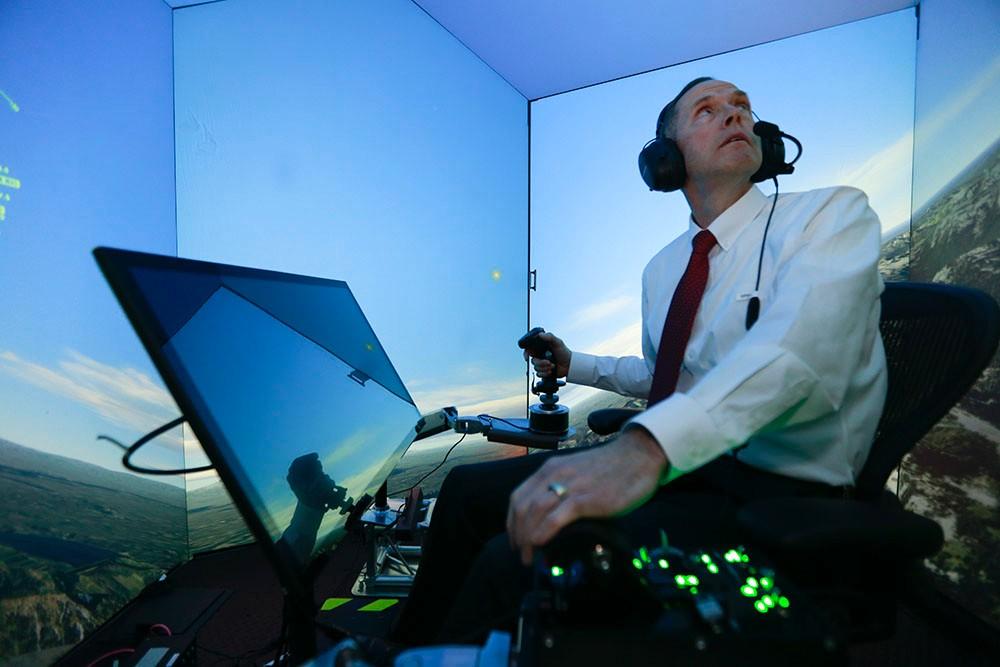When the Raspberry Pi computer was first launched in 2012 to promote the teaching of computer science, its creators probably didn’t imagine the $35 device would one day take on a professional fighter pilot in a dogfight—and win.
But that is exactly what a doctoral graduate at the University of Cincinnati set out to do when he built a Pi-powered artificial intelligence pilot. The AI, dubbed ALPHA, went up against retired United States Air Force Colonel Gene Lee in a series of simulated battles, beating Lee in every single engagement.
Lee described ALPHA as “the most aggressive, responsive, dynamic and credible AI I’ve seen to date.”
ALPHA has gone on to defeat other expert fighter pilots in what is being hailed as a significant breakthrough in unmanned flight.
Lee, who has battled AI opponents in simulated environments for more than 30 years, noted that after hours-long sessions with ALPHA, he felt “tired, drained and mentally exhausted,” whereas the AI was as sharp as the first battle.
He also noted that it was the first time he had seen an AI consistently beat a human pilot in tests.
“I was surprised at how aware and reactive it was,” Lee said. “It seemed to be aware of my intentions and reacting instantly to my changes in flight and missile deployment. It knew how to defeat the shot I was taking. It moved instantly between defensive and offensive actions as needed.
“You might have gotten shot down once in awhile by an AI program when you, as a pilot, were trying something new. But, until now, an AI opponent simply could not keep up with anything like the real pressure and pace of combat-like scenarios.”
Nick Ernest, the doctoral graduate behind ALPHA, now hopes to continue developing the AI as the CEO and president of the firm Psibernetix.
It is thought that future versions of ALPHA could be used in actual combat situations as an AI wingman to formulate tactical plans and lessen the likelihood of mid-air mistakes.
Kelly Cohen, an aerospace professor at the University of Cincinnati, said: “ALPHA would be an extremely easy AI to cooperate with and have as a teammate. ALPHA could continuously determine the optimal ways to perform tasks commanded by its manned wingman, as well as provide tactical and situational advice to the rest of its flight.”
via newsweek.com




